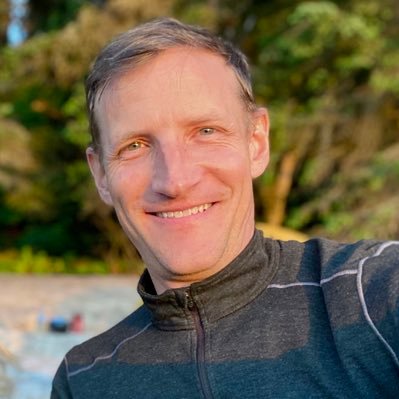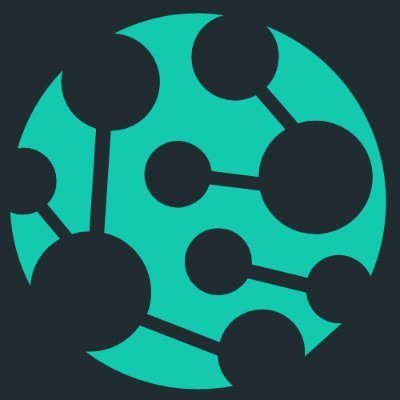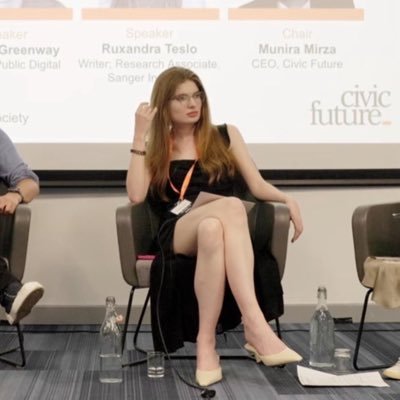
Brian Finrow
@Finrow
Followers
415
Following
169
Media
24
Statuses
433
Founder/CEO at Lumen Bio. I'm a quasi-outsider to the biopharma industry, interested in the economics of drug development.
Seattle, Washington USA
Joined August 2009
Uncommon results like this are commonplace at Lumen Bio. Requires a team with uncommon talent — talented people like YOU! Join us! Especially — right now — if you have a passion for clinical trials or assay qualification/validation.
Promising news for C. diff patients! 100% of patients with LMN-201 + antibiotics successfully resolved their primary infection, and 95% of participants had no recurrence within 28 days (RePreve Trial sentinel cohort results). https://t.co/u0UZJWFJcP
#PatientCare #Clinicaltrial
1
0
13
You have heard of AI slop in the context of short video creation. But the same principle applies when it comes to improving drug discovery: we absolutely do not need a deluge of new hypotheses; we need better predictive validity (as per @JackScannell13). https://t.co/kdEEQ38qbP
writingruxandrabio.com
Some thoughts on avoiding self delusion.
24
100
588
This post is also an argument for why AI won't bail us out of regulatory reform to make in-human testing easier. In fact, in-human data from trials would be the best complement to AI and one way to avoid the "slop trap" by training it on meaningful results.
You have heard of AI slop in the context of short video creation. But the same principle applies when it comes to improving drug discovery: we absolutely do not need a deluge of new hypotheses; we need better predictive validity (as per @JackScannell13). https://t.co/kdEEQ38qbP
8
6
75
Incidentally, @elliothershberghas a great blog post on this "modality commodification" topic, here:
centuryofbio.com
And what might come next
0
0
3
New piece from me in Life Science Leader (on the US/China biopharma stress). tl;dr China commoditizes industries all the time, and commoditized therapeutic modalities appear to be no different than solar panels in this regard. To quote the piece: "We probably can’t out-China
1
0
29
Thanks to many folks for a wealth of helpful conversations along the way, including @Atelfo, @cureffi , Aaron Schact (BiomEdit), Kelvin Stott (Amporin Pharma), @AleksEngel, Srini (Samsara Biocapital—another atypical biotech investor (not a VC!)
0
0
5
Given retrenchment federal spending and a struggling biotech VC ecosystem, we hope this will be useful to others looking for ways to sharpen their thinking. The world needs more great drugs after all, and more innovation.
1
0
5
Fundamentally, we at @LumenBio have cracked Eroom’s law; well, at least for targets amenable to our platform technology. The model is, in effect, our business model. The paper includes insights into how this works for us. Maybe others can find inspiration in those examples.
1
0
2
As my old friend (and former law client) Bob @rtnarch Nelson once put it to me, “you’ve gotta be careful about breathing your own smoke!” (Bob is definitely not a typical VC, incidentally; nor are his fund's returns; full disclosure: he's a Lumen investor (not via ARCH))
1
1
2
That can’t be right. In casinos, they celebrate the occasional big winner for a reason—it’s good for business! But everyone knows that this is an emotional manipulation. We all want to think we’re smarter than average. Hope isn't a strategy.
1
1
2
When I ask biotech VCs what’s their “edge”—how do they plan to beat the house odds—incredibly, most answer simply: “Average returns include stupid people; but we’re smart so that won’t happen to us.”
1
1
2
Investing in a new-drug R&D (again, on Deloitte’s figures) is like stepping into a casino. There is a house edge. But drug-making has worse odds than slots! It’s simply not enough to hope that returns will beat the average gambler’s (negative ROI). Hope isn't a strategy.
1
1
2
Perhaps this is understandable for more academic funders (NIH, government agencies, foundations, etc.) but, bizarrely, it’s equally true for VCs and big pharma. This is *crazy*!
1
0
1
Why? Lots of reasons. Surely this is part of it though: incredibly, *nearly all* funders of drug development lack even rudimentary tools for assessing the financial viability of their investments. Investment decisions are based on primitive rules of thumb (heuristics).
1
0
2
Deloitte's figures are most up-to-date, but others (e.g., Kevin Stott) have replicated the core conclusions with other methods. https://t.co/kpGKyfy25a
linkedin.com
Disclaimer: The views expressed herein are my own personal opinions, and are not intended to represent those of my employer. Like many industries, Pharma’s business model fundamentally depends on...
1
0
1
Some background: Since my friend @JackScannel coined the term "Eroom’s Law" in 2012, the steady trend of declining return on investment (ROI) from biopharma R&D hasn't turned around.
1
0
2
Excuse the cute title. https://t.co/tfcw8Vpqv6 (Editors pick titles, not authors.)
academic.oup.com
ABSTRACT. Under stringent budget constraints, the U.S. DoD must prepare biopharmaceutical interventions for many potential health threats. Developmental su
1
0
2
Published my contribution to the literature on biopharma R&D productivity in the journal Military Medicine: a simple but robust tool for evaluating the financial viability of a drug development program. Thanks to one of our funders at DoD for suggesting this.
4
6
44







